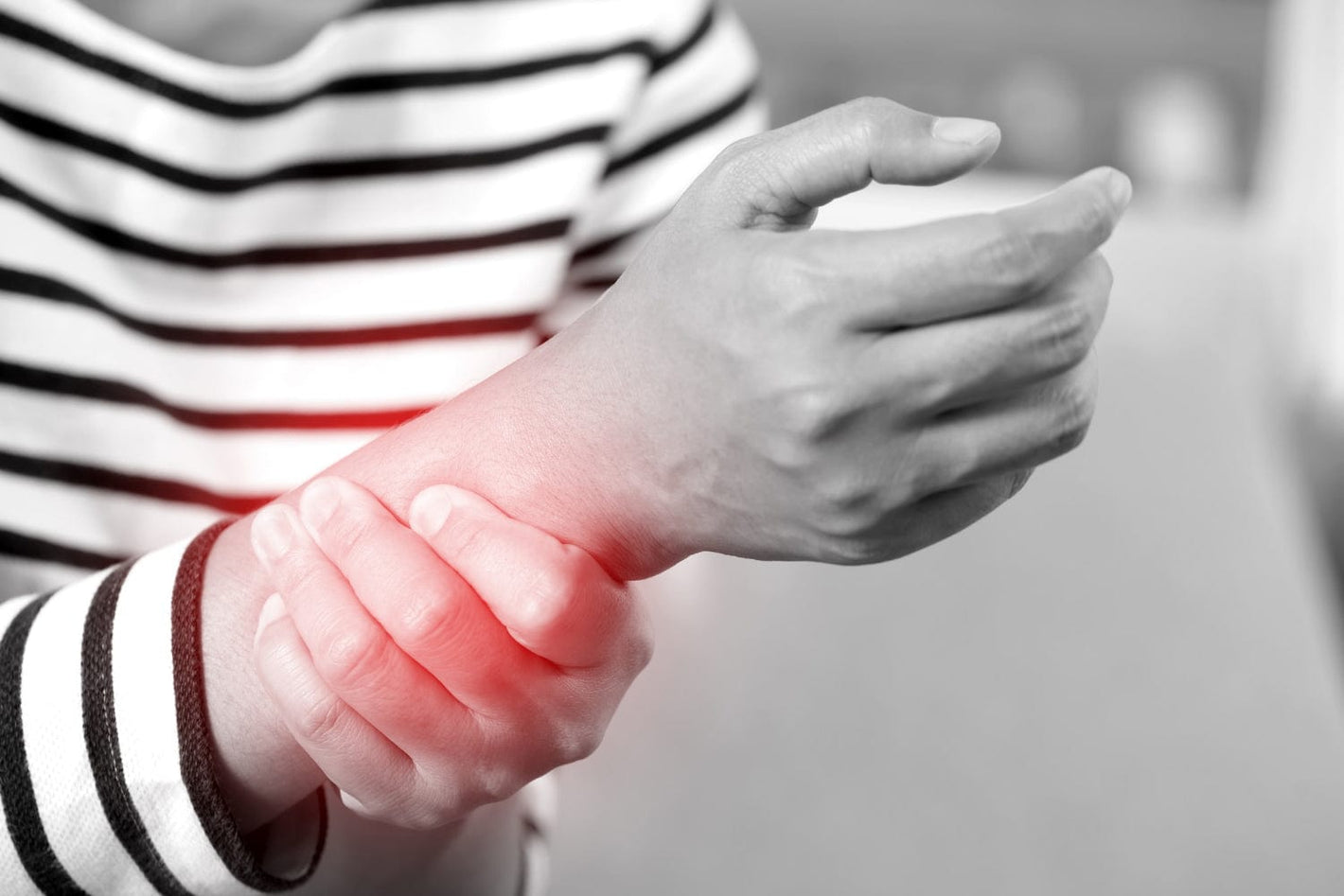Rheumatoid Arthritis
A type of arthritis known as rheumatoid arthritis (RA) results in joint pain, stiffness, and swelling. Additionally, it may result in fever, appetite loss, and exhaustion. Since RA is a chronic condition, its duration may be prolonged over time.In most cases, RA develops between the ages of 40 and 60. But it can happen to anyone at any age. In addition, conditions like heart disease, osteoporosis, and depression are more common in people with RA. Welzo users should read this article to learn more about rheumatoid arthritis.


 Rated Excellent by 26,523+ Reviews
Rated Excellent by 26,523+ Reviews